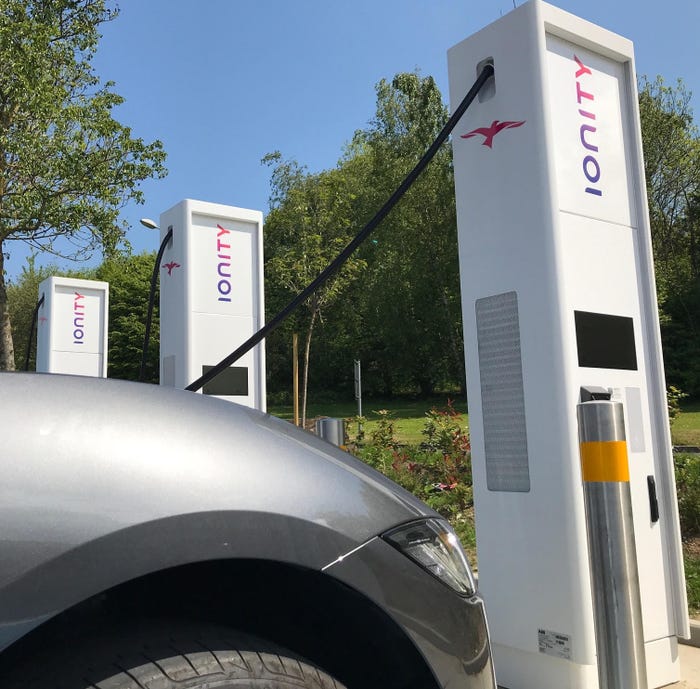Close Car Dealership Accounts Faster
Get everyone involved and don’t wait until the end of the month to get busy.
November 27, 2019

A common dealership owner complaint is: “We need to get the accounting close down to five days or less. We need to see our final numbers faster.”
The key to a faster close is to think of the close not as accounting procedures over the course of a few days, but rather as a series of solid processes over the whole month that involve all departments.
Break down each process into individual parts and implement hard deadlines that apply not just to accounting, but to all areas of operations.
Solve Paperwork Problems
The posting of deals is an area with which dealerships struggle at month’s end. Frequently, a lot of deals end up in accounting a day or two after the end of the month, and, unfortunately, many of the deals are incomplete – missing the necessary paperwork to process the deal.
These issues are not specific to the end of the month, which causes the billing clerks to fall further behind, as the sales associates and F&I managers are still handling vehicle sales while clearing up paperwork issues on previous deals.
Solving the paperwork problem involves proper training and enforcement in the sales and F&I departments, ensuring that deals sent to the accounting department are complete and accurate.
There are various documents that could be missing, incorrect or incomplete in deal folders. That slows down deal-processing.
Having a manager-approved checklist encourages completeness and accuracy. So do commission penalties for salesmen and F&I personnel that forward incomplete paperwork.
Another important way to improve deal flow is to take advantage of technology. Most dealership-management systems now offer e-contracting solutions that improve accuracy and eliminate re-entering information.
Automate and Standardize Repetitive Tasks
Most DMS systems now have ways to automate repetitive tasks, from setting up recurring entries to recording depreciation on fixed assets, to automating commission calculations, and other month-end close tasks.
Calculating and posting commissions at the time deals are posted is a best practice, as opposed to calculating all commissions at the end of the month.
Most DMS systems will calculate the commission when the deals are entered, unless the commission structure is so complex that it can’t be automated. If that is the case, the office manager or controller can build templates to make the process more efficient.
Expedite Expenses
The vendor-payment process is integral to a smooth close. Invoices must be properly approved and coded before being sent to accounting. Accounting should enter invoices as they are received and not wait for month-end to enter invoices into the system.
Hold Everyone Accountable
Two tools are vital to holding everyone accountable during the close process.
The first is a monthly close schedule. Sales and F&I must know the timeframe in which all deals must be sent to accounting to be included as part of the month (for example, within two days of month-end), and accounting must have deadlines for posting deals, posting invoices and other month-end processes.
The second is a “Controller’s Close Checklist” that lists all key processes and who is responsible for each.
This checklist should include detailed listings, templates to be filled out, and instructions for all key tasks. Dealerships that enforce deadlines and have a solid checklist reduce close time significantly.
Be Involved
Perhaps most important to improving the closing process is the involvement of and support from the general manager and owner in developing the plan and implementing the changes and best practices.

juan pena
All managers need to commit to this, not just the controller or office manager.Talk to your external CPA and “20 group” peers. They can provide insight on how to reduce the bottlenecks. (Wards Industry Voices contributor Juan Pena, left)
The typical dealership operation can reduce its close by several days by adhering to solid processes throughout the month. These include monitoring, sticking to firm deadlines and leveraging technology.
Juan C. Pena is a director in the audit department and risk advisory practice at accounting firm MBAF. His primary responsibilities include automobile dealership auditing and consulting.
About the Author
You May Also Like



.jpg?width=700&auto=webp&quality=80&disable=upscale)